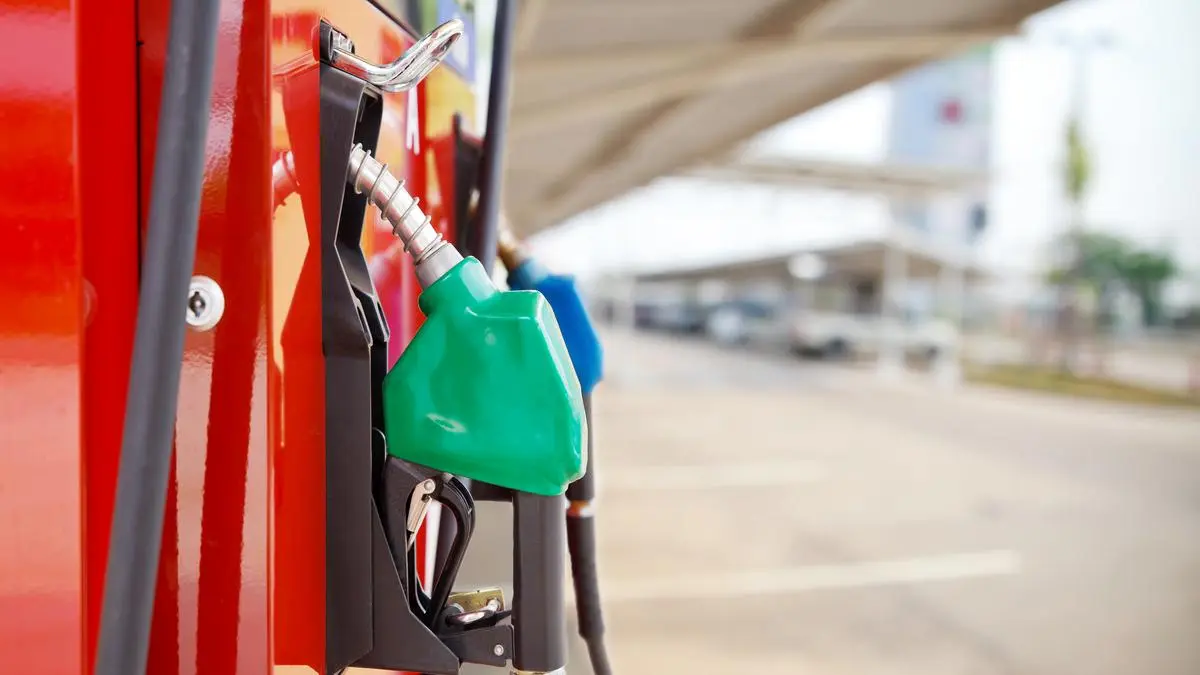Government's Fuel Duty Hike to Generate ₹33,000 Crore Amid Global Demand Shifts

The Indian government's recent excise duty hike on petrol and diesel is set to bolster its coffers by an estimated ₹33,000 crore, a move aimed at compensating oil marketing companies for losses incurred from selling LPG below market rates. This adjustment, effective from April 2025, reflects the government's strategy to navigate the delicate balance between consumer affordability and fiscal sustainability. With global crude prices experiencing volatility, the decision underscores the challenges faced by economies reliant on fuel imports to manage domestic energy policies effectively.
In a separate development, Isla LPG Corp. has partnered with Yokohama Tire Philippines Inc. to pioneer sustainability initiatives, notably transitioning from diesel to LPG for manufacturing processes. This collaboration highlights the growing recognition of LPG as a cleaner alternative fuel, capable of reducing carbon emissions while optimizing operational costs. The partnership between these two industry leaders marks a significant step forward in the corporate sector's efforts to align with global sustainability goals, demonstrating the potential for cross-industry collaborations to drive environmental progress.
Meanwhile, BW LPG Limited, a global leader in LPG shipping, has announced the resignation of board member Andrew Wolff, acknowledging his significant contributions to the company's growth. BW LPG's extensive fleet and integrated services underscore its pivotal role in the global energy supply chain, facilitating the efficient transport of LPG across markets. The company's commitment to delivering energy solutions that support a sustainable future is evident in its operations and strategic investments, reflecting the broader maritime industry's shift towards environmental responsibility.
These developments across the energy and corporate sectors illustrate the multifaceted approaches being adopted to address the challenges of fiscal management, environmental sustainability, and corporate governance. From government policy adjustments to corporate sustainability initiatives and leadership transitions, the narrative is one of adaptation and forward-thinking in an increasingly complex global landscape.




